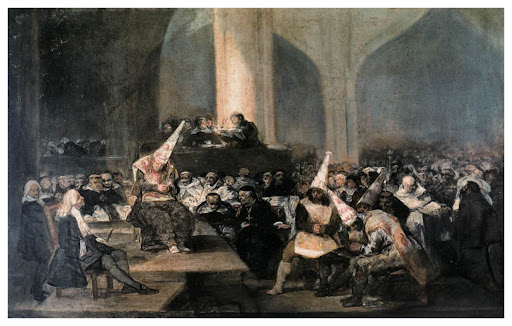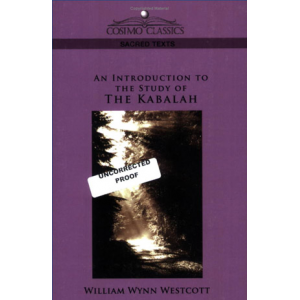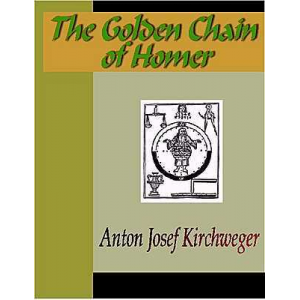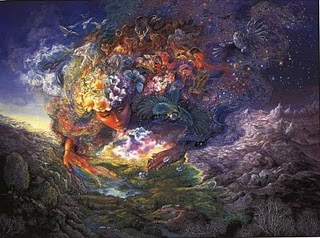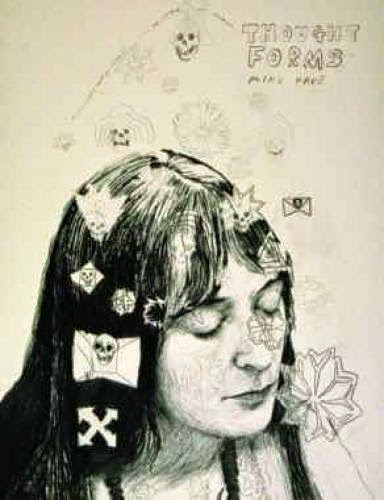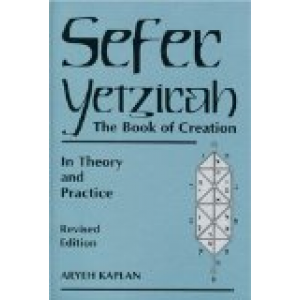
Book: Sefer Ha Yetzirah by Aryeh Kaplan
The Sefer Yetzirah, writes Aryeh Kaplan, is considered to be the oldest of all Kabbalistic texts. Eliot Wolfson corroborates this claim, calling the
Sefer Yetzirah "one of the most ancient books of Jewish esotericism," and cites sources dating the Sefer Yetzirah back to the third century C.E. The text itself is quoted as early as the sixth century C.E.; references to the work appear in the first century, and traditions regarding its use attest to its existence in Biblical times. The book is attributed to the Patriarch Abraham. Unfortunately, the origins of the Sefer Yetzirah are no longer available to historians, if in fact they were ever known; the author, or authors, of this text(s) is a mystery.
Some modern scholars find it useful to divide Jewish mystical texts into the subcategories of "meditative" and "magical," theosophic and theurgic. The Sefer Yetzirah fits into both of these categories; there are passages which deal extensively with meditational techniques, as well as detailed instructions for tapping into divine power. In some ways, the Sefer Yetzirah obviates the distinction between meditative and magical mysticism, since the meditations described in the text also enable magical acts, and the magical (or practical) passages are also meditative.
In his most recent book Kabbalah: New Perspectives, Moshe Idel emphasises the connections between theosophy and theurgy. Idel writes that an
Understanding of God as divided into Infinite Ein-Sof and knowable Sefirot enables the contemplations of the mystic to have deep theurgic capability. According to Idel, there are two major trends in Kabbalah: the theosophical-theurgical and the ecstatic. The first type, writes Idel, "encompasses two central subjects: theosophy - a theory of the elaborate structure of the divine world - and the ritualistic and experiential way of relating to the divinity in order to induce a state of harmony." This type of mysticism is highly theocentric. (In contrast, Idel characterises ecstatic Kabbalah as anthropocentric, regarding the mystical experience of the individual as the highest good, regardless of its impact on the divine.) The Sefer Yetzirah is both a theosophic text and a theurgic text.
There is strong disagreement on the part of scholars and translators, however, as to the grammar of the Hebrew in which the Sefer is written. Commentaries which treat the Sefer Yetzirah as a strictly theoretical and meditative text translate the Hebrew in the third person, i.e. "He combined," "He created" etc. According to this reading of the text, the words refer to God's creation of the universe. However, in many cases the grammatical form more closely resembles the imperative: the author is telling the reader to "combine" and "form" Hebrew letters in a mirroring of the initial Creation. When translated in this fashion, the Sefer Yetzirah becomes an instruction manual for a very specific type of meditation. The implications of this translation are enormous: that by combining Hebrew letters in a very specific and extremely demanding manner, we can master techniques of telepathy and telekinesis, as well as taking part in acts of creation, creating living beings, and reaching unity with the Divine. Through
Manipulation of language, we can gain access to the divine Language which is the stuff of creation; through manipulation of language, we can reach God. This is the doorway to mystical union that the Sefer Yetzirah provides.
The title of the Sefer Yetzirah is also significant. Sefer, simply means book. However, the word Yetzirah, has two different connotations. The root of Yetzirah is 'yetzer', which means "make" or "do," often translated as "create." However, yetzer also appears in the phrases 'yetzer ha-ra' and 'yetzer ha-tov', which are usually translated as the evil and good impulses, drives, or urges. While the evil urge is considered to be the root of evil behaviour, it is also considered to be necessary; without the tension between good and evil, good would have no meaning. Judaism holds that, without the evil urge, creation and change would not be possible. There exists a rabbinic midrash in which the evil urge is imprisoned by a group of Talmudic rabbis. They are told by a prophet that if they destroy the evil urge, the world will end. They imprison the urge for three days, at the end of which time no newly-laid eggs can be found in all of Israel. Clearly, no creation and no change can take place without the existence of both the good and the evil urge. And so, Sefer Yetzirah means "the Book of Creation" - but it refers to a type of creation that is involved with the urge. When the title is considered in this light, it is hardly surprising that the meditations found in the Sefer Yetzirah have theurgic repercussions.
Creation is assumed from the beginning of the Sefer Yetzirah to be a linguistic act, an act of separation. That creation is linguistic can be observed in chapter one of Genesis: God has only to speak and creation takes place. Genesis also shows that creation is an act of separation: God created by separating light from darkness, earth from sea. However, there are layers of Torah beyond the purely narrative, and the Sefer Yetzirah deals with a deeper level of what it means that creation is linguistic. Creation took place when God made boundaries, distinctions, within God's-self; boundaries between that-which-is-God and that-which-is-creation. These divine boundaries enabled the transition from One into many, and they mirror the divine contraction which preceded creation. This Divine self-limitation is called tsimtsum. The term tsimtsum in the Zohar designates "God's initial creative act, an act which of necessity occurs within God... It is this first act of creation which allows the Name, and with it the finite world, to emerge from out of the infinity of the Transcendent Creator." The act of tsimtsum was a self-contraction within God, the primal act before any divine emanation. God withdrew into God's-self, enabling the existence of something limited, a finite and temporal space which was not-God. In this finite space, according to the Kabbalists, God created the universe. With the appearance of finitude to stand in contrast to the Infinite, the subject-object distinction came into play, and the Creator-Created relation became possible.
Download Aryeh Kaplan's eBook: Sefer Ha YetzirahDownloadable books (free):
Aleister Crowley - Sepher SephirothWilliam Wynn Westcott - The Sepher YetzirahAryeh Kaplan - Sefer Ha Yetzirah

